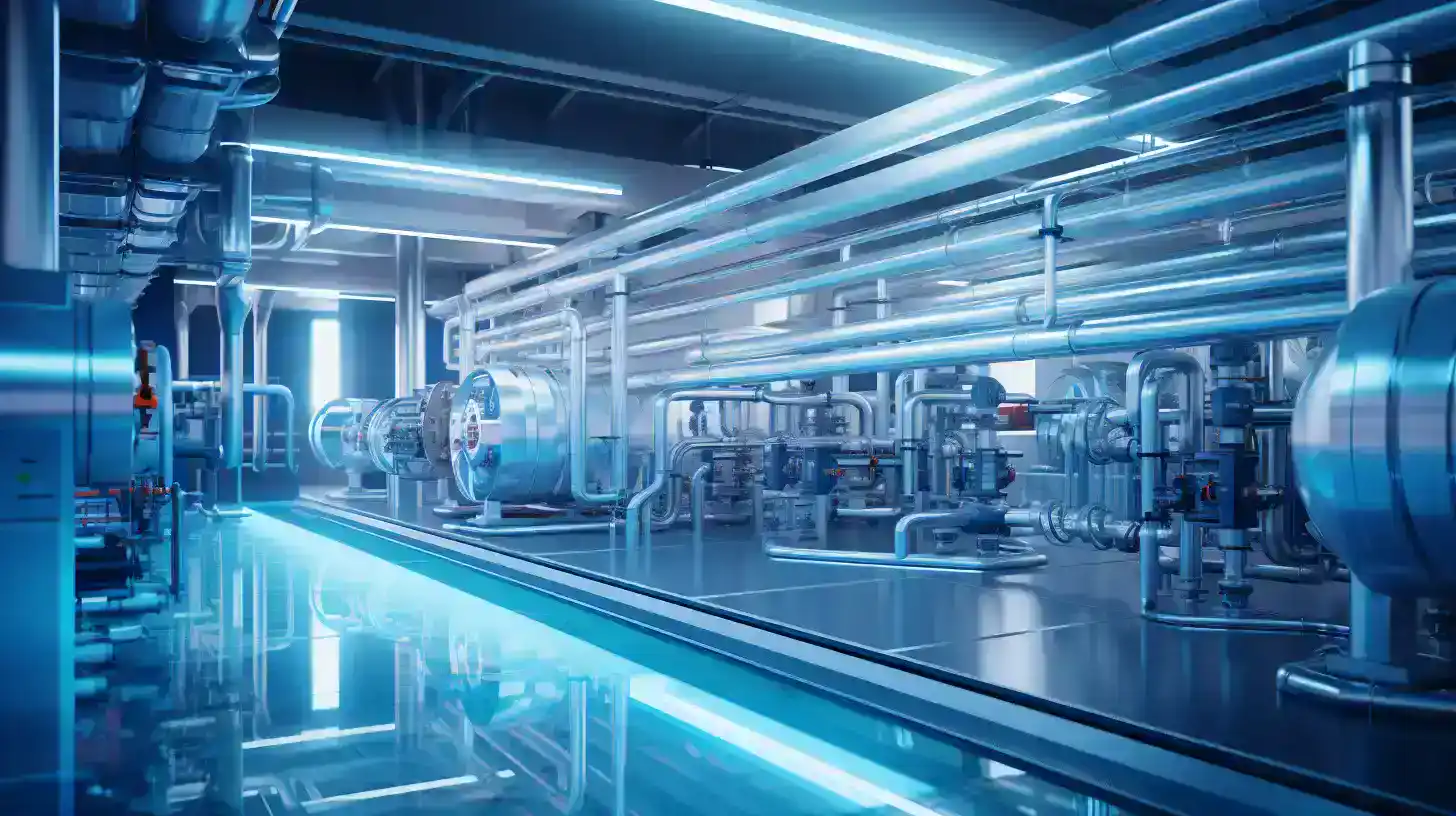Table of Contents
Water is essential for life, but it is also a scarce and threatened resource. According to the United Nations, about 2.2 billion people lack access to safe drinking water, and this number could increase by 40% by 2030 due to rising demand and climate change. The global water crisis poses a serious challenge to human health, food security, economic development, and environmental sustainability.
However, a new nonprofit organization, Earth05, believes that artificial intelligence (AI) can offer hope and solutions to this pressing problem. Earth05, which was launched on Tuesday at the World Economic Forum in Barcelona, aims to use AI to improve the lives of 500 million people by 2030 by addressing the global water crisis.
How Earth05 uses AI to tackle the global water crisis
Earth05 is a nonprofit that integrates water, education, and AI across all its initiatives. It works with a network of “brilliant minds” from academia, industry, and civil society to discover and implement innovative solutions to the global water crisis.
One of the main ways that Earth05 uses AI is to analyze and predict future scenarios of water availability and consumption, based on climate conditions and human behavior. AI can help Earth05 identify the most vulnerable regions, the most effective interventions, and the best practices to manage water resources.
Some of the specific applications of AI that Earth05 explores include:
- Optimizing water delivery systems to reduce waste and increase efficiency
- Detecting water leakages, which can account for 10% to 30% of the water supply in the U.S., depending on the region
- Predicting spikes of water contaminants and pollutants, which can pose health risks and environmental damage
- Developing smart irrigation systems that can adjust to soil moisture and weather conditions
- Creating water desalination technologies that can provide fresh water from seawater or brackish water
The regions most affected by the global water crisis
The global water crisis is not evenly distributed across the world. Some regions face more severe water shortages and imbalances than others, due to factors such as geography, population, infrastructure, and governance.
Some of the regions that Earth05 identifies as the most affected by the global water crisis include:
- In the Middle East, where many countries rely on water desalination to meet their water needs, but also face high costs, energy consumption, and environmental impacts
- Mexico, Brazil, India, and China, where rapid urbanization, industrialization, and agriculture have increased water demand and pollution, while climate change has reduced water supply and quality
- The western U.S., where droughts, wildfires, and population growth have strained water resources, especially in California, Nevada, and Arizona
- The Mississippi River basin, where floods, storms, and agricultural runoff have contaminated water sources and threatened ecosystems
The role of climate change in the global water crisis

Climate change is one of the main drivers of the global water crisis, as it affects the water cycle and the availability and quality of water. Climate change can cause:
- Longer and more frequent droughts, which reduce water supply and increase water stress
- Reduced snowpack, which reduces the amount of water that feeds rivers and streams in the spring
- More intense and extreme precipitation, can cause floods, landslides, and erosion, and carry contaminants and pollutants into water sources
- Rising sea levels, which can increase saltwater intrusion into freshwater aquifers and coastal areas
- Higher temperatures, which can increase water evaporation and demand, and affect water quality and aquatic life
The water footprint of AI
While AI can be a powerful tool to help solve the global water crisis, it is also important to recognize that AI itself has a water footprint. AI relies on large and complex data centers, which consume a lot of energy and water to operate and cool down.
According to a study by the University of California, Riverside, every five to 50 prompts on ChatGPT, an AI language model, use about 16 ounces of water. To put this in perspective, it takes about 600 gallons of water to produce one hamburger patty.
Therefore, Earth05 advocates for a responsible and sustainable use of AI, as well as a holistic and collaborative approach to address the global water crisis. Earth05 believes that water is not only a political or economic issue, but also a human right and a moral duty.
As Maria Dahrieh, the founder and president of Earth05, said, “The availability of water has historically been taken for granted, and in past decades the precious resource has been treated as a political agenda rather than a human right. We need to change this mindset and work together to ensure that everyone has access to safe and sufficient water.”
Pablo Ortiz, a climate and water scientist at the Union of Concerned Scientists, echoed this sentiment, saying, “Water is the most precious natural resource, after air. Everyone needs water every day to subsist. People are dying from not having water available or because the water is contaminated or because the water is not available to grow the food.”





